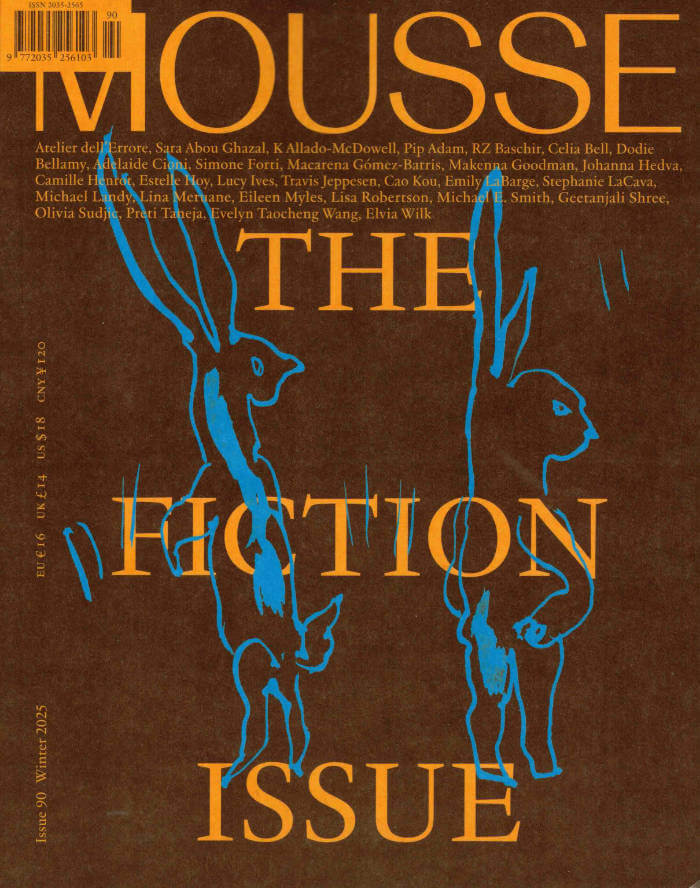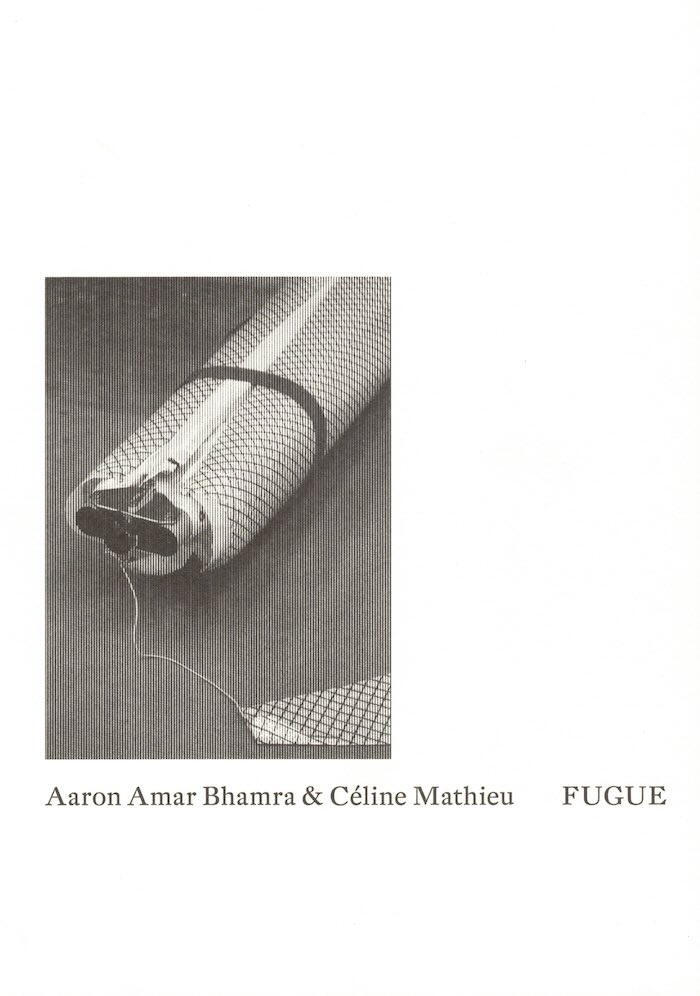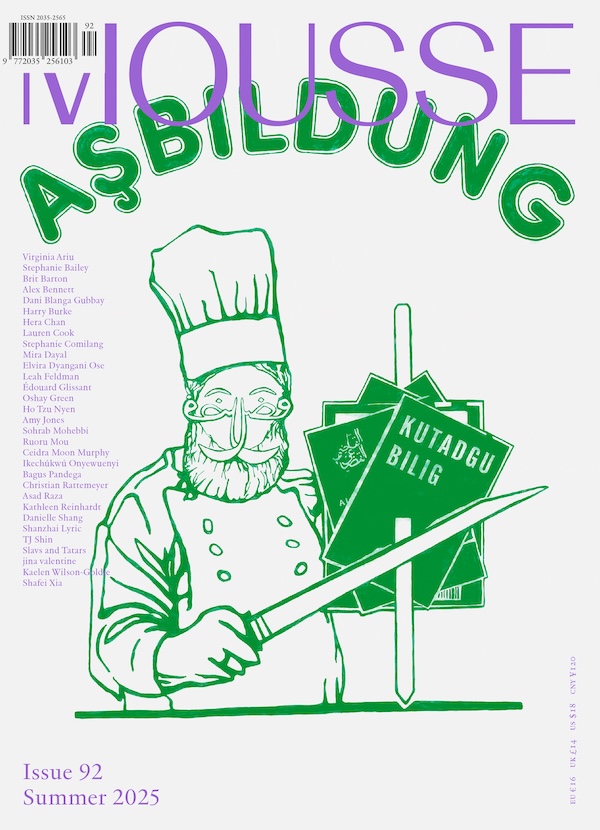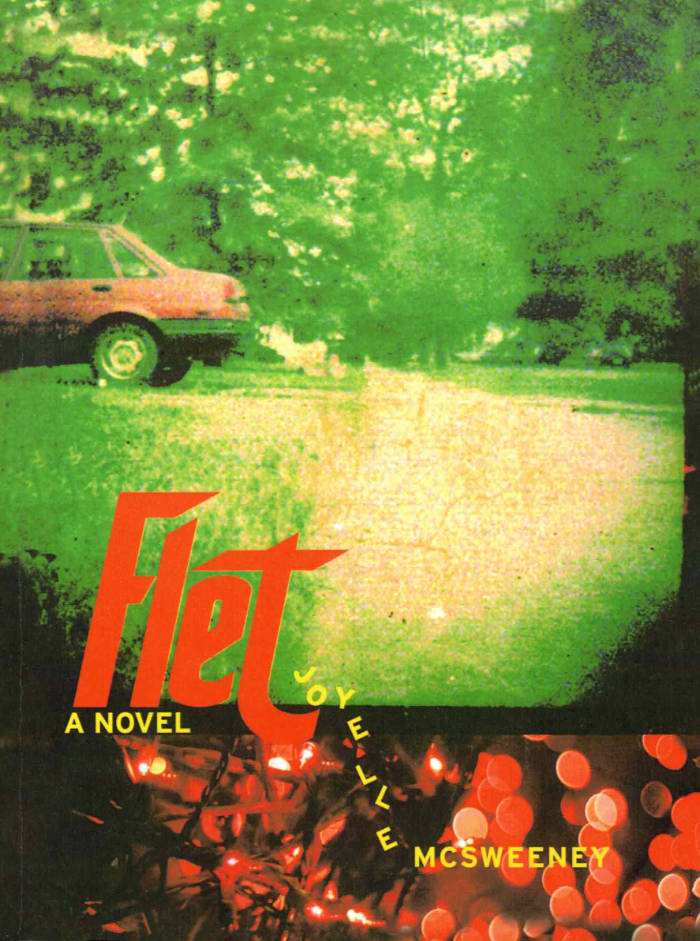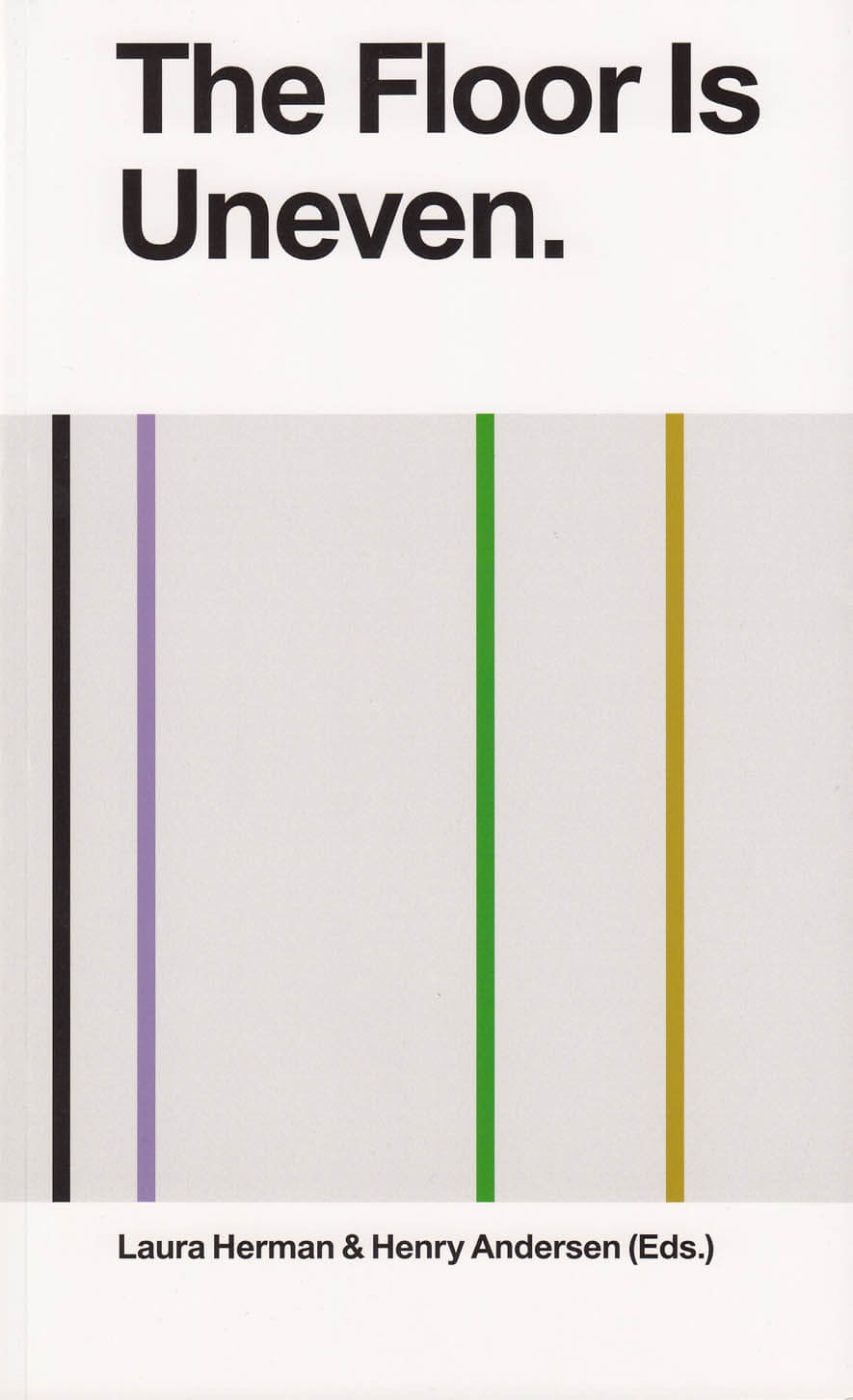
The Floor Is Uneven. Does It Slope?
Laura Herman ed., Henry Andersen ed.
In 1987, artist and poet Madeline Gins (1941–2014) and her partner, painter Arakawa (1936–2010), formed the Architectural Body Research Foundation (later to become the Reversible Destiny Foundation)—an architectural office pursuing the radical conviction that architecture would provide humanity with the necessary tools and training to overcome death. Their wide variety of theories investigated how a person might interact with their environment, and how that environment might condition and enhance the body to increase its capabilities—through a constant undoing and unsettling of subject formation. Taking the work and writings of Madeline Gins and Arakawa as a broad provocation, The Floor Is Uneven. Does It Slope? aims to swallow and masticate the duo’s thought into a new sort of pulp: a collective fan fiction work. Less a book about Gins and Arakawa than a book after them, it tries to seed their work to various fans—writers and makers indebted to the duo’s thinking or suspected to be enthralled by it.
Contributors speak about Gins and Arakawa through the language of their own practice, through academia, poetry, essays, photography, experimental writing, and fiction—thinking about what Gins and Arakawa might mean to their individual fields.
Texts by Henry Andersen, Lila Athanasiadou, Ben Thorp Brown, Lucas Crawford, Bryana Fritz, Laura Herman, Daisuke Kosugi, Joyelle McSweeney, Simone C. Niquille, Andros Zins-Browne.
Language: English

